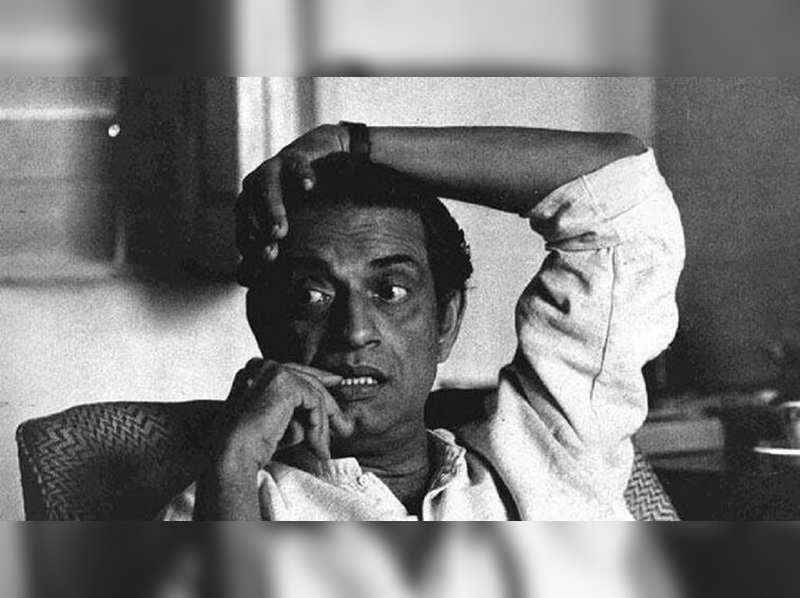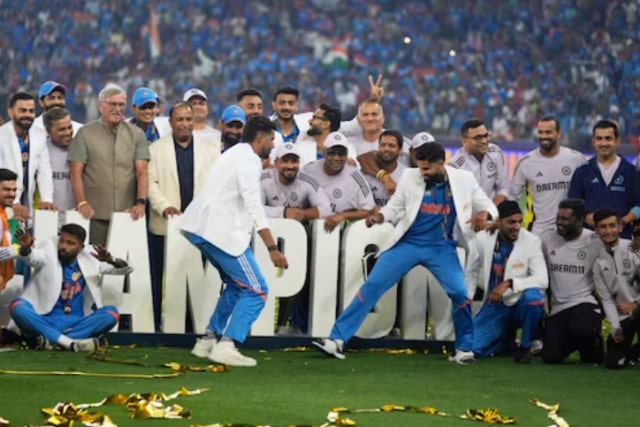
A bold tax reform; Satyajit Ray centenary; and Modi’s future plans
In what is perhaps one of the biggest and boldest changes in Indian tax laws, the Indian government has introduced a bill in Parliament that will do away with the nine-year-old law that taxed companies, particularly multinational corporations, retrospectively. Corporations such as Britain’s Cairn Energy and Vodafone Group had been disputing the Indian tax authorities in cases filed in international courts that cost billions of dollars.
But first, a quick recap. The law, which came into force in 2012, required international companies to pay huge taxes related to acquisitions of assets that they had made in the past. The retrospective tax law was adopted after a Supreme Court verdict in favour of Vodafone. It all started with Vodafone’s acquisition of a 67 percent stake in Hutchison Whampoa’s operations in India for over $11 billion in 2007. International companies which had acquired assets of Indian companies before they were told they had to pay huge amounts.
Last week’s decision to nullify taxes on indirect transfer of Indian assets will mean that companies involved in disputes over retrospective tax can get refunds without interest and costs. In particular, the telecoms giant Vodafone could get a big relief as its stock had crashed on reports that it owed the Indian government ₹ 22,000 crores (US$2.5 billion) in the form of licence and spectrum fees. Vodafone’s Indian shareholder Kumar Mangalam Birla had written to the government earlier last week asking for it to take over his group’s 27% stake in the company burdened by debt owing to the retrospective tax liabilities. He had also stepped down as non-executive chairman of the company.

If the law to do away with the retrospective tax comes into force, the tax claims amounting to US$ 2 billion against Vodafone will be nullified. Similarly, Cairn, which has a claim against it of more than US$ 1.2 billion, would not have to pay it. Cairn has been in a legal tussle with the Indian government over the past few years. The disputes have been costly, both for India and the multinational corporations that have been fighting against the retrospective tax claims.
At least a dozen corporations have been involved in legal cases against the government over such claims. The retrospective tax regime was adopted by the BJP government’s predecessor, the Congress-led UPA but because the law remained in force, the current government has been involved in them.
Abolishing the law will have direct as well as indirect consequences for the Indian economy. For one, companies that are embroiled in legal disputes and burdened by huge tax claims will get relief and may re-evaluate their expansion plans in India, hopefully, positively. And second, many multinationals that had reconsidered entering or expanding their presence in India on account of the retrospective tax could now be more inclined to make bigger investments.
Satyajit Ray’s centenary

The late film director Satyajit Ray’s 100th birth anniversary is this year. Ray, who is the best-known Indian film director internationally, won an honorary Oscar in 1992 just before he died. Unfortunately, many of his 29 feature films are in a physically degraded state in his centenary year. However, the subscription-based Criterion Channel has been streaming 16 of them in a series titled “Satyajit Ray at 100”. Ray’s films, especially the Apu trilogy, comprising Pather Panchali (1955), Aparajito (1956), and Apur Sansar (1959), found worldwide acclaim and earned for him a place among all-time great film-makers such as Japan’s Akiro Kurosawa, Italy’s Federico Fellini, and Sweden’s Ingmar Bergman. Ray was a polymath, though. He not only wrote and directed his films but he also scored the music for them. His scripts, typically complemented with frame-by-frame sketches, were astonishingly cinematic.
While the 19 films that Criterion is streaming are restored versions, the good news is that some of his other films are also being restored. The Academy Film Archive, part of the Academy of Motion Picture Arts & Sciences, which awards the Oscars, has the grant to help preserve and restore the great auteur’s works. Ray’s films, which much younger generation Indians may be sadly unaware of, deserve to be preserved for posterity.
Modi to plan strategies for next 3 years
Next week Prime Minister Narendra Modi, who recently reconstituted his council of ministers, will be helming a three-day conclave to work out strategies and an agenda for the three years that remain of the government’s term. That agenda would be interesting to note, not least because Mr. Modi’s government has been facing several challenges in the past two years.

First, the handling of the Covid pandemic has come under severe criticism. Till a few months back, India’s inadequate healthcare infrastructure was in sharp focus as millions of Indians needed hospitalisation and other medical care such as oxygen cylinders. Then, there has been an impact on the economy. As GDP growth rates turned southwards, estimates suggest millions of Indians have seen their income levels fall drastically with many being forced back into poverty. Rising prices, fuelled by sharp increases in petrol prices, have not made things easier.
Mr. Modi is expected to review the work of all his ministries at the conclave and set fresh targets. While the economy and the fallout from the pandemic will probably be on top of the agenda, there are also political considerations that he will have to consider. Seven states are expected to go to the polls next year, including Uttar Pradesh and Punjab. Earlier this year, despite aggressive campaigning strategies, his party, the BJP, failed to make a dent in West Bengal. The forthcoming state elections, followed by 2024’s parliamentary elections, will likely influence much of the government’s agenda for the future.



